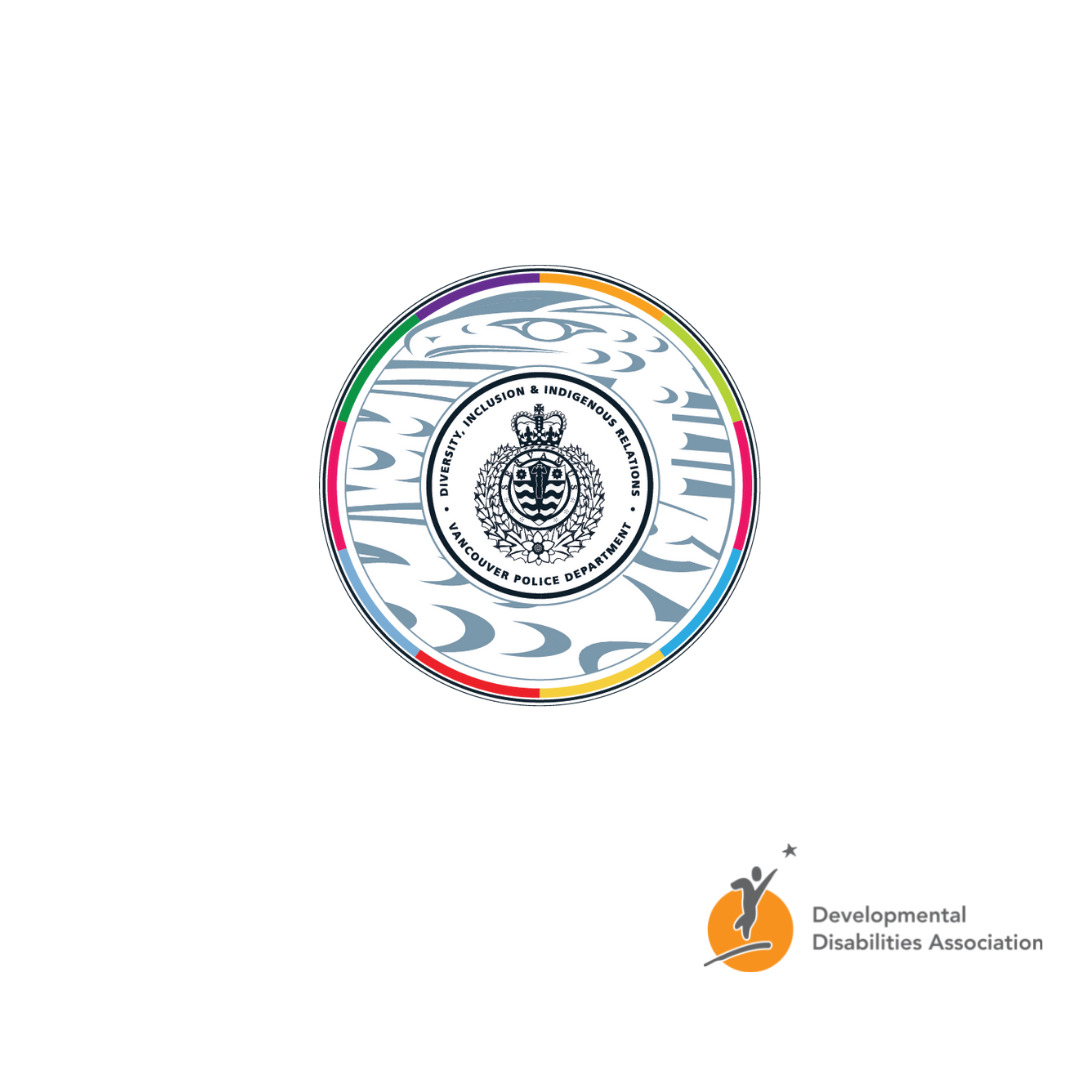In April 2021, a boy with autism and limited ability to communicate went missing in Vancouver and was later found, unharmed, by the VPD. To further understand the police department’s protocol around investigating missing persons cases that involve individuals with disabilities, DDA’s Communications Manager, Evan Kelly sat down with Lori Hemm, Program Coordinator with the Diversity, Inclusion & Indigenous Relations Section of the Vancouver Police Department.
Evan: Does the VPD have a protocol in place when looking for someone who has a developmental disability?
Lori: Yes – Any diverse abilities individual including developmentally disabled are considered “high risk” and so certain protocols are put in place. The principles of respect, compassion and empathy must guide all missing person investigations.
A missing person incident is inherently a stressful situation for family members and this cannot be overlooked by investigators. When conducting these investigations, individual circumstances and individualized risk factors must be considered, especially for more vulnerable persons who are likely to face societal challenges that increase their risk of going missing and may act as barriers to reporting.
Evan: You mentioned that individuals with developmental disabilities are considered “high risk”; in the cases of missing people, what usually defines an individual as “high risk”?
Lori: A “high-risk missing person investigation” is defined within B.C. Provincial Policing Standards as one in which the missing person’s health or well-being may be in immediate danger due to being a much younger person or much older person, persons with physical illness, disability, addictions or mental health concerns, persons who may be suicidal and persons involved in activities that may place them at increased risk of harm. It may also be they are a member of an identifiable group that is at an increased risk of harm or if they are believed to be the victim of a crime.
Evan: What are some topics covered by the training police undertake, specific to working with individuals who are neurodiverse?
Lori: Many organizations in B.C. are invited to teach and raise awareness about certain developmental disabilities. For example, we’ve worked with the Huntington Society of B.C., the Parkinson’s Society of B.C. and Alzheimer’s Society in the past. Our frontline officers have also received presentations from Geriatric Mental Health and the Provincial Deaf and Hard of Hearing Services.
In addition, these officers are all enrolled in an Autism eLearning course, which was created by Pacific Autism Society in collaboration with numerous police departments. The course includes training videos that are specific to police work and autism, as well as distinct modules on neurological and neuromuscular diseases.
Evan: And when officers encounter an individual who is non-verbal, how do they handle that?
Lori: Since 2012, the VPD, along with many other policing jurisdictions in the lower mainland have signed a memorandum of understanding with Wavefront Centre for Communication Accessibility which gives us access to American Sign Language interpreters at any time of day. Family members and Support Workers may be called in, specifically if it is a high-risk situation. A child with ASD, an individual with mental health problems, and an elderly person with dementia for example.
We are also working on new visual aid cards that officers can provide onsite to diverse ability individuals who may be deaf or hard of hearing
Evan: When searching for a missing person, how much is a person’s family or caregiver involved?
Lori: Family members, caregivers, friends, and anyone associated to the missing person are asked to participate proactively in the search for the individuals and are utilized in the search by providing answers to certain questions, such as where the person likes to spend time, do they use transit, can they drive and what is the best way to communicate with them.
Evan: Can you elaborate more about who you connect with to get the information when working with people with developmental disabilities?
Lori: In addition to the ones I’ve mentioned, the VPD has developed partnerships with the Canadian National Institute for the Blind (CNIB), Pacific Autism Society, and your organization of course, DDA. With the community members at VRS Communities Director of Support Services, we have also implemented a survey regarding their experiences with police and what we can do better. We are looking at providing safety and information presentations to VRS Communities starting in the fall of 2021 based on these surveys.
Evan: How do you convey messages to the public when someone with a disability goes missing?
Lori: Our primary goal is to provide enough information to the public to quickly and safely locate the missing person. This is usually done through news releases, statements, or social media posts. It may also require the release of personal and sensitive information if a person’s disability is relevant to the search. It may be important to tell the public about it, as this information could lead to the quick recovery of the person.
Evan: When releasing information or conveying messaging, how does the VPD ensure the protection of privacy for people with disabilities?
Lori: We are alive to the stigma that exists around people with diverse abilities and issues that could be caused by making this information public, and we are careful with the wording we use to avoid appearing as if we are labelling people based on their disability. Support is requested from experts in these areas if necessary.
Once a person is located, we quickly privatize online and social media posts to make their personal information invisible to the public.
Evan: Thanks for all this great information Lori!



